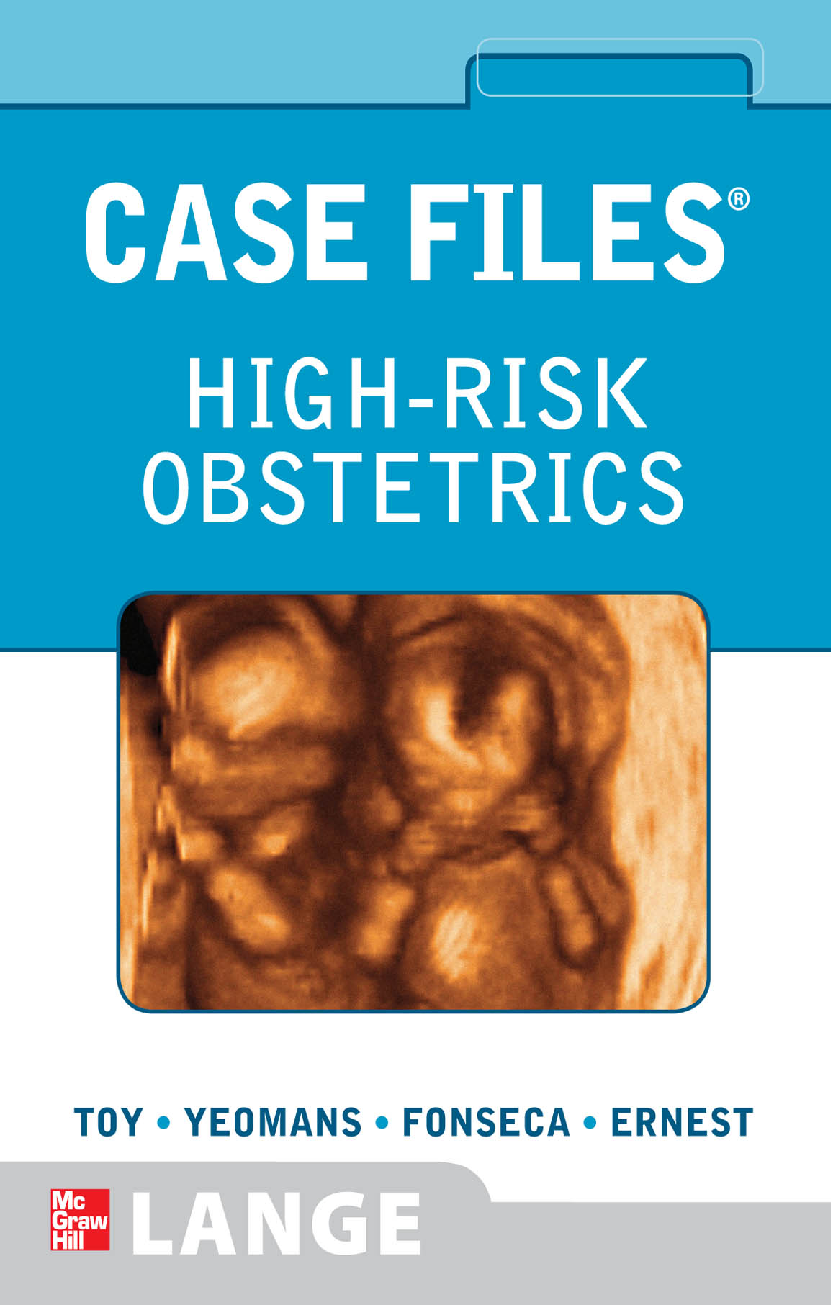Quantitative
Techniques in
Management
Course Objective:
The aim of this course is to develop the understanding of the various Statistical models and
Optimization Techniques used for decisions making in the functio
...
Quantitative
Techniques in
Management
Course Objective:
The aim of this course is to develop the understanding of the various Statistical models and
Optimization Techniques used for decisions making in the functions of the management of any
organization using contemporary computer-based technology
Course Contents:
Module I: Introduction
Application of Statistics in Business & Management; Basic Concepts of Statistical Studies:
Population, Variable and Parameter, Sample; Classification of Data; Introduction to SPSS, SAS and
other Statistical Software Packages. Diagrammatic & Graphical Presentation of Data: Bar Diagram,
Histogram, Pie – Diagram, Frequency Polygons, and Ogives.
Module II: Summary Statistics
Measures of Central Tendency: Arithmetic Mean, Weighted Mean, Median and Mode Measures of
Dispersion: Range, Average Deviation, Standard Deviation, Variance and Coefficient of Variation.
Module III: Forecasting Techniques
Simple Correlation & Regression Analysis, Time Series Analysis- Trend Analysis, Cyclical Analysis,
Seasonal Analysis, Irregular Variation
Module IV: Probability & Testing of Hypothesis
Introduction of Probability Theories, Concepts, Addition & Multiplication Theorems, Probability
Distributions, Sampling & Sampling Distribution, Null Hypothesis & Alternative Hypothesis, t-test,
F-test, Non-parametric Tests (χ 2 Test)
Module V: Decision Theory
Introduction of Decision Theory, Decision Environments, Decision Making under UncertaintyMaximax, Maximin, Minimax, Regret & Laplace Criterion, Decision Making under Risk- EMV & EOL.
Module VI: Linear Programming
Introduction of Operations Research, Scope and Models in Operations Research, Introduction of
Linear Programming, Formulation of LPP, Solution of LPP- Graphical Method & Simplex Procedure,
Duality. Introduction of Transportation Problems, Procedure of finding optimal solution,
Assignment Problem & its solution.
Text & References:
Text:
• Levin R.I. & Rubin S.R. 2005, Statistics for Management, 7th Ed. Prentice Hall Of India
• Taha H. A. 2007, Operations Research: An Introduction, 8th Ed. Prentice Hall of India
Quantitative Techniques in Management
Contents
Chapter-1 Introduction to Statistics
1.1 Statistics
Internal Data
External Data
Secondary Data
1.2 Introduction to SPSS, SAS and other Statistical Software Packages
1.3 Diagrammatic & Graphical Presentation of Data: Bar Diagram, Histogram, Pie –
Diagram, Frequency Polygons, and O gives
Chapter-2 Summary Statistics
2.1 Central Tendency
2.2 Median
2.3 Mode
2.4 Dispersion
Chapter-3 Forecasting Techniques
3.1 Estimation Using the Regression Line
3.2 Scatter Diagram
3.3 Karl Pearson’s Coefficient of Correlation
3.4 Time Series Analysis
3.5 Forecasting
Chapter-4 Probability & Testing of Hypothesis
4.1 Introduction
4.2 Classical Probability
4.3 Probability Rules
4.5 Probability Distribution
Cumulative Probability Distributions
Discrete and Continuous Probability Distributions
Discrete Probability Distributions
Continuous Probability Distributions
Binomial Distribution
Binomial Experiment
Notation
Binomial Distribution
Binomial Probability
Cumulative Binomial Probability
Normal Distribution
The Normal Equation
The Normal Curve
Probability and the Normal Curve
Standard Normal Distribution
Standard Normal Distribution Table
The Normal Distribution as a Model for MeasurementsQuantitative Techniques in Management
4.6 Sampling
4.7 Sampling Distribution
4.8 Chi-Square Distributions
4.9 t-Tests
4.10 F-Tests
Chapter-5 Decision Theory
5.1 Decision Environment
5.2 Structure of Decision Making Problem
5.3 Types of Decision Making Criteria
5.4 Expected Monetary Value (EMV)
5.5 Expected Value of Perfect Information
5.6 Expected Opportunity Loss (EOL)
Chapter-6 Linear Programming
6.1 Definition of Operations Research and Its Main Features or Characteristics
6.2 Features/Characteristics of OR
6.3 Scope of Operations Research
6.4 Methodology of Operations Research
6.5 Models in Operations Research
6.6 Linear vs Non-linear Programming
[Show More]










.png)
















